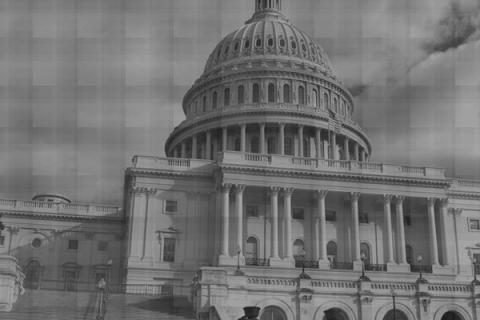Ask any politically engaged person to name the people allegedly responsible for financing the growing libertarian-minded upswing in mainstream politics, and one name will stick out – namely, Koch.
If one is speaking to a detractor (or an ironic supporter), then the name might also be pronounced “Kochtopus,” implying multiple insidious tendrils secretly pulling the levers behind an allegedly grassroots movement. On the other side, one will probably encounter the notion that all grassroots movements need funding and support from some place, and that deep-pocketed political aficionados are responsible for mass movements on all sides of all aisles.
Even so, in recent weeks, suspicion of the mysterious Koch brothers (and their alleged financial-political octopus) has reached a fevered pitch, thus leading to their name becoming synonymous with an attack in certain circles. As such, it’s no surprise that Proposition 23, a measure rapidly gaining steam in California politics much to the consternation of anti-Koch forces, has recently come under fire for its association with the brothers.
Proposition 23, as election junkies know, would suspend the controversial AB 32 anti-global warming measures and emission standards that require a reduction in carbon dioxide to 1990 levels by 2020. The theory underlying Proposition 23, as outlined in a recent op-ed in the San Jose Mercury News, is that:
"Without Proposition 23, Silicon Valley's billionaire hedge fund managers and venture capitalists will become much richer indeed, while the majority of Californians will see their bank accounts decline. Not all businesses in Silicon Valley are corporate giants. Most are small and minority-owned, and they, their employees, families and customers will be footing the multibillion-dollar bill for the "green investments" mandated under California's global warming law, AB 32. Proposition 23 will save Californians billions in higher energy costs and protect more than a million jobs by temporarily suspending regulations designed to create an artificial market for the California Air Resources Board's hand-picked technologies.”
But not everyone is so enthusiastic, as plenty of people – environmentalists especially – view the bill as a reactionary setback. As such, the temptation to blame the bill’s existence on oil billionaires like Charles and David Koch has proven too tempting for certain commentators to ignore. Witness a recent op-ed in the Los Angeles Times, which accuses the Kochs of trying to gut California’s move towards green technology:
"Then there's a company owned by oil billionaires Charles and David Koch, which has kicked $1 million into the Prop. 23 kitty. Those two cowboys have earned themselves a reputation for sponsoring campaigns that deny the need for renewable energy and also for backing groups that have trained "tea party" activists. The goal of Prop. 23 is to derail the environmental plan we already have in place, one that was written without the help of Texans or tea party crackpots. It's called the Global Warming Solutions Act, drafted by state legislators and signed in 2006 by Gov. Arnold Schwarzenegger. Scheduled to begin rolling out next year, it would require a reduction of carbon dioxide emissions to 1990 levels by 2020. But compliance would cost energy companies a few bucks. And so they came up with Prop. 23, which would delay implementation of California's landmark legislation until unemployment drops to 5.5%.”
The attack’s fairness could be disputed, but as questions go, that one is fairly straightforward. What is not straightforward is whether Proposition 23’s ties to oil giants will actually hinder its ability to pass. This question is up for grabs, as economic populism seems at odds with political populism in this election cycle, and it’s not entirely clear which one is going to prevail.
Either way, this Proposition is going to get much uglier as the cycle continues.

